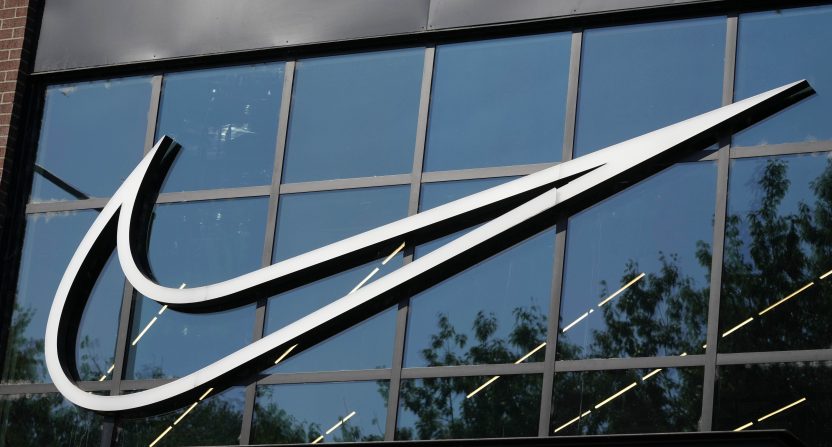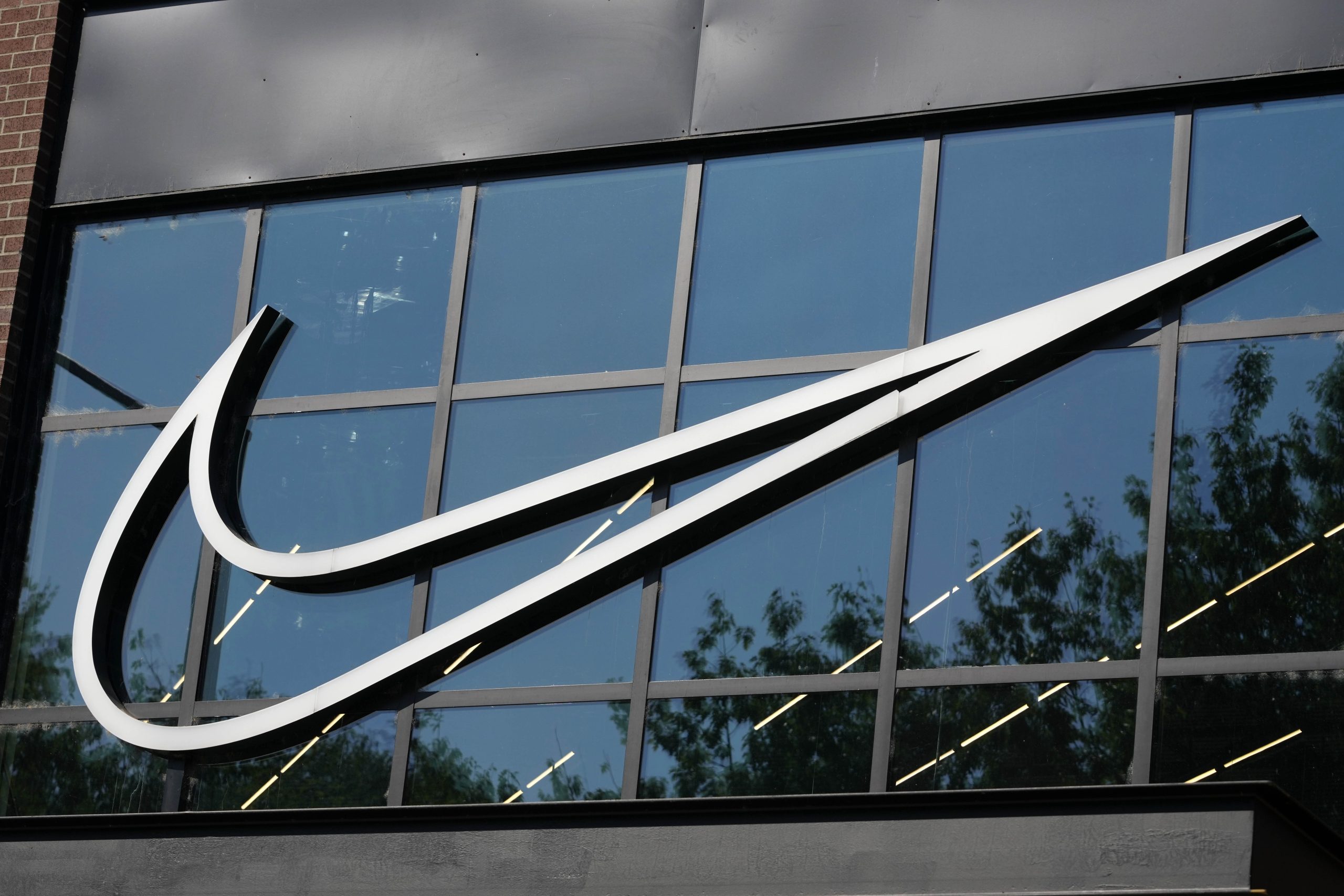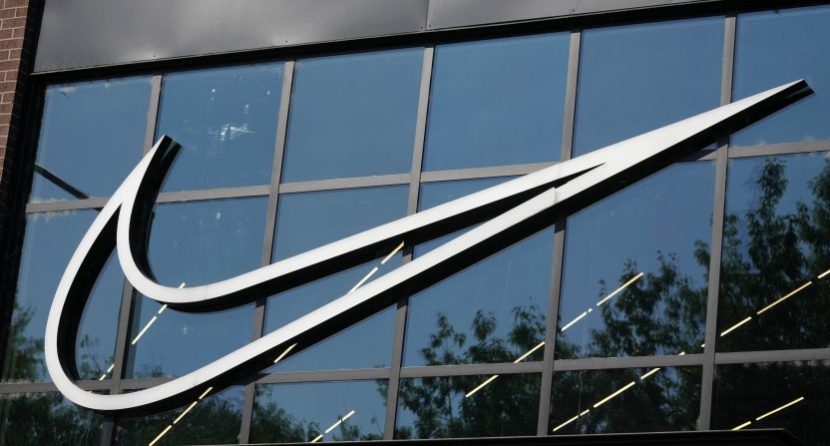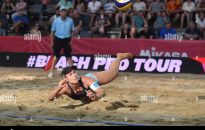Elliott Hill has been the new CEO of Nike just around 60 days now, taking over for the beleaguered company whose stock is down 27 percent this year, an inverse of the broader market. After a whirlwind tour of Nike offices and meeting athlete and league endorsers, Hill outlined some of his plans on an […]


Elliott Hill has been the new CEO of Nike just around 60 days now, taking over for the beleaguered company whose stock is down 27 percent this year, an inverse of the broader market.
After a whirlwind tour of Nike offices and meeting athlete and league endorsers, Hill outlined some of his plans on an earnings call yesterday: Nike is increasing its investment in an already considerable sports marketing budget, ending its heavy use of discounting and promotions, while reversing its policy of favoring sales on its website over distribution through retail stores.
But the new strategy comes with a caveat: revenues will drop in the next two quarters as Hill implements the new plan.
“We believe the strategic actions that Elliot has outlined are the right moves for Nike to create better balance in our business and to reignite growth with our wholesale partners in an integrated marketplace,” said Nike CFO Matt Friend. “But over the near term, the net effect of these actions will result in lower revenue, additional gross margin pressure, and higher demand creation expenses, with a greater headwind to the fourth quarter compared to the third quarter.”
Hill treated his first investor’s earning call, which lasted a lengthy hour and six minutes, as almost a type of pep rally to start, opening for nearly 16 minutes at the start of the call. A Nike executive for 31 years, and who started as an intern, Hill left the company in 2020. He opened his monologue by saying he has an “irrational love” of the footwear and apparel brand, but the company has lost its “obsession with sports.”
In his first 60 days, he said, “I met with the commissioners of the NFL, NBA and WNBA, MLB and NWSL, the heads of the top NCAA conferences and teams like PSG and past and present athletes like MJ and Ronaldo to Sabrina and A’Ja (Wilson).
Nike has long been known for its aggressive use of sports marketing, but recently the company lost its way. It took a brutal hit with its MLB uniform fiasco, though the setback does not seem to have soured its reputation in the market.
“In just the last 60 days, we’ve announced the re-signing of the NBA and the WNBA, the Brazil Football Confederation, FC Barcelona, and last week, the NFL,” Hill said.
Nike is re-changing a few key business strategies. For years Nike has favored its own digital channels over brick-and-mortar retailers and other outlets. No more.
“Prioritizing Nike digital revenue has impacted the health of our marketplaces, we will build back an integrated marketplace across Nike, direct and wholesale,” Hill said. He also blamed discounting and promotions for hurting the bottom line and the brand, promising to change that.
“Entering the year, our digital platforms were delivering roughly a 50/50 split of full price to promotional sales. The level of markdowns not only impacts our brand, but it also disrupts the overall marketplace and the profitability of our partners.”
Nike will internally reorganize its efforts around specific sports, beginning with soccer, basketball, running, training and sportswear. Each of these categories will be further divided in turn by gender and age group. “And while we have 10 key countries and 12 key cities, we’re going to focus our efforts on three key countries in five key cities,” Hill said. “So we’re really going to narrow down and we’ll pace and phase as we go throughout the next 18,24, months or so.” He did not specify the countries or cities.
Nike reported revenue of $12.4 billion in the fiscal second quarter, down 8 percent from the year-earlier period. Earning per share fell to 78 cents versus $1.03 a year earlier.














